New social studies standards: teachers’ plans and how it can be impactful
Social studies teacher Lawrence Housley embraces Colorado’s social studies standards in his classroom.
January 9, 2023
On Nov. 10, the Colorado State Board of Education decided in a divided vote (4-3) on new Colorado State Standards for Social Studies. The new standards have been highly debated since 2019, the first year of the standards revision process.
During the process some issues arose with the topic of LGBTQ+ inclusion. While some were all for it, there were others who claimed the standards would be anti-parent and age-inappropriate for younger students.
The main aspects of the changes included the inclusion of minority history, including African American, American Indian, Latino, Asian American and the LGBTQ. Secondly, the changes see a formal labeling of the Nazi Party as fascists. While these standards took some time to settle on, they were eventually decided as the new revised Standards for Colorado.
“This will not change the way I teach or my curriculum, as it is already aligned with what I teach in my class,” Lawrence Housley, social studies teacher at MSHS, said. “The Nazi party, along with many others in Europe during this era, were fascists. It is correct to label them as such. I also try to incorporate the history of minorities into my curriculum as often as I can.”
Some MSHS history teachers have expressed their approval for the new standards. “I’m all for ‘em!” Tobias Partridge, social studies teacher at MSHS, said. “It is absolutely crucial that we include all Americans in our history, because if you see yourself represented, you’re more likely to contribute to our future.”
While the history standards seem mostly accepted by MSHS teachers and students, some have also expressed their concern that they may not be necessary at MSHS. “Speaking on behalf of myself and my colleagues in the past and at MSHS, I do not believe the new standards are necessary,” Housley said, “Yet, I understand that in some parts of the state this may not be as ingrained in curriculums as it should be and therefore, it may be necessary to enforce through standards.”
History is one of the core courses students learn throughout their school years in the United States. For some, this allows them to see themselves as a part of history. These new standards are supposed to not only teach students about minorities, but help minorities feel included in their classes and communities. While this is the intended use, some worry about its effectiveness to help make minorities feel included and safe.
On Nov. 19 this year, a shooting took place at Club Q in Colorado Springs, which cost the lives of 5 people. A study by The Journal of European Economic Association quotes social media as a link to hate crime occurrences.
History teacher Brian Brown sees the link between social media and hate crime. “We have all these different platforms that people can go to, and they can get whatever information they want, whether or not we want to refer to it as misinformation,” Brown said. He feels that a more inclusive history curriculum could potentially reduce hate crimes. “But from more of a realistic point of view, my fear is that you are always going to have individuals filled with hate.”
Although that may be the case, “It’s a needed idea to incorporate,” Brown said. “My fear is that individuals who are on the opposite end of it are going to see it as an aggressive act, and they’re going to act aggressively against it.”
Despite these concerns, the Colorado State Board of Education moved forward with the standards anyway. “Including the perspective of minority groups accomplishes a couple things: first, by learning about historical contributions of minority groups, it invites everyone to participate in vibrant cultures, other than their own,” Partridge said. “Second, and perhaps more importantly, it invites members of those groups to see that they are represented in history and that they play an important role in building our future.”

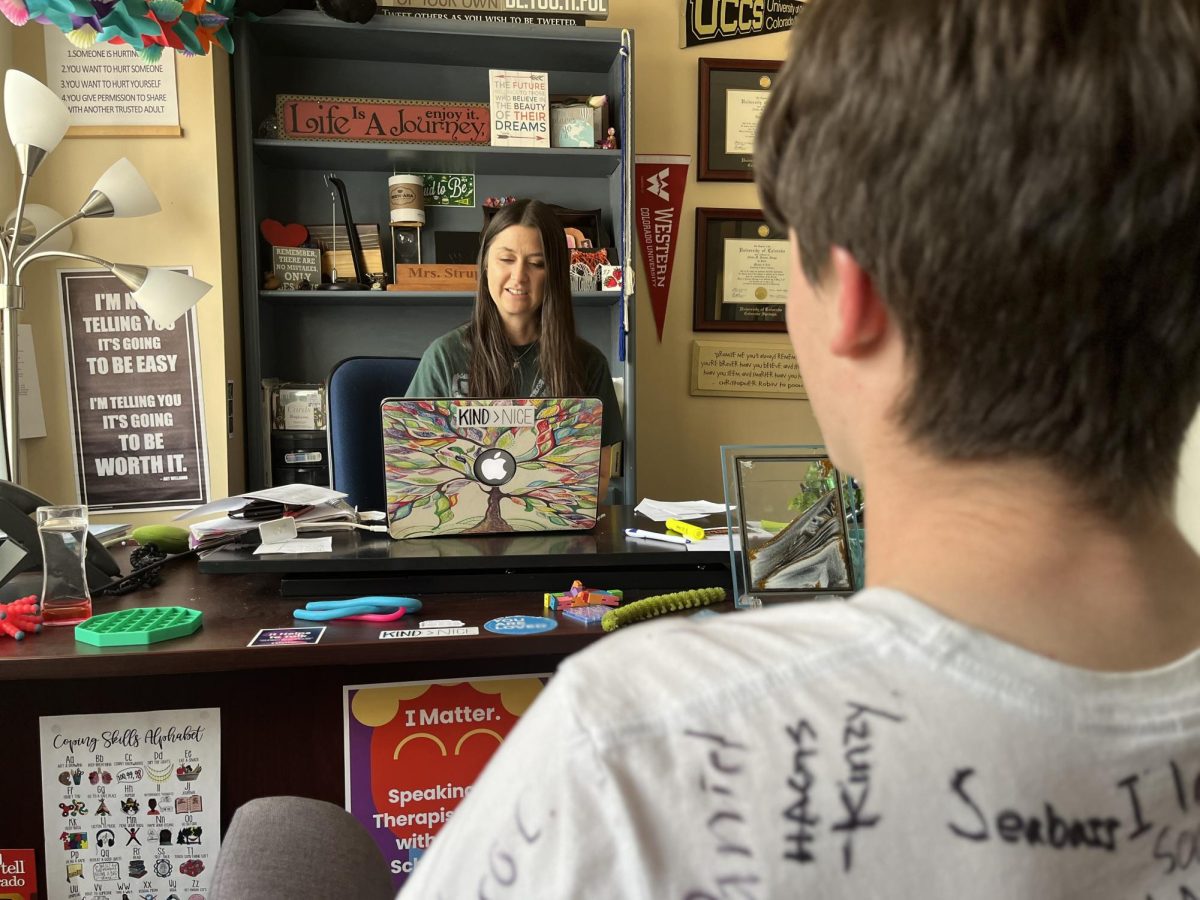
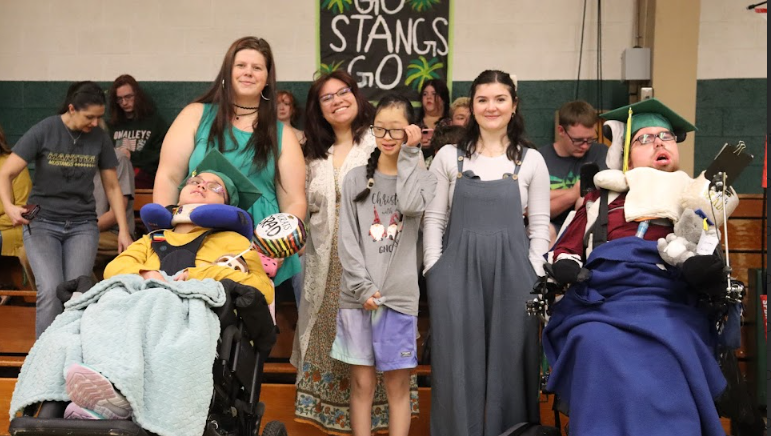
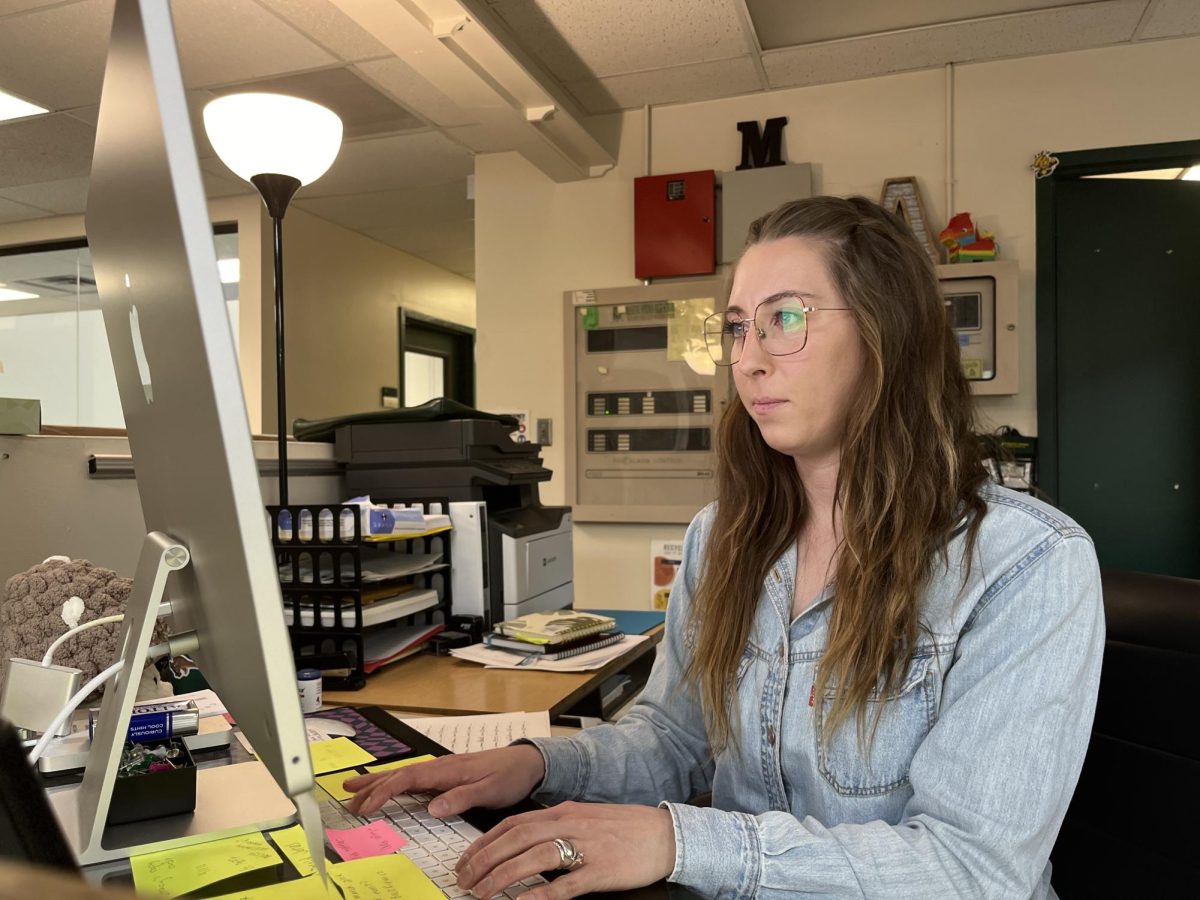
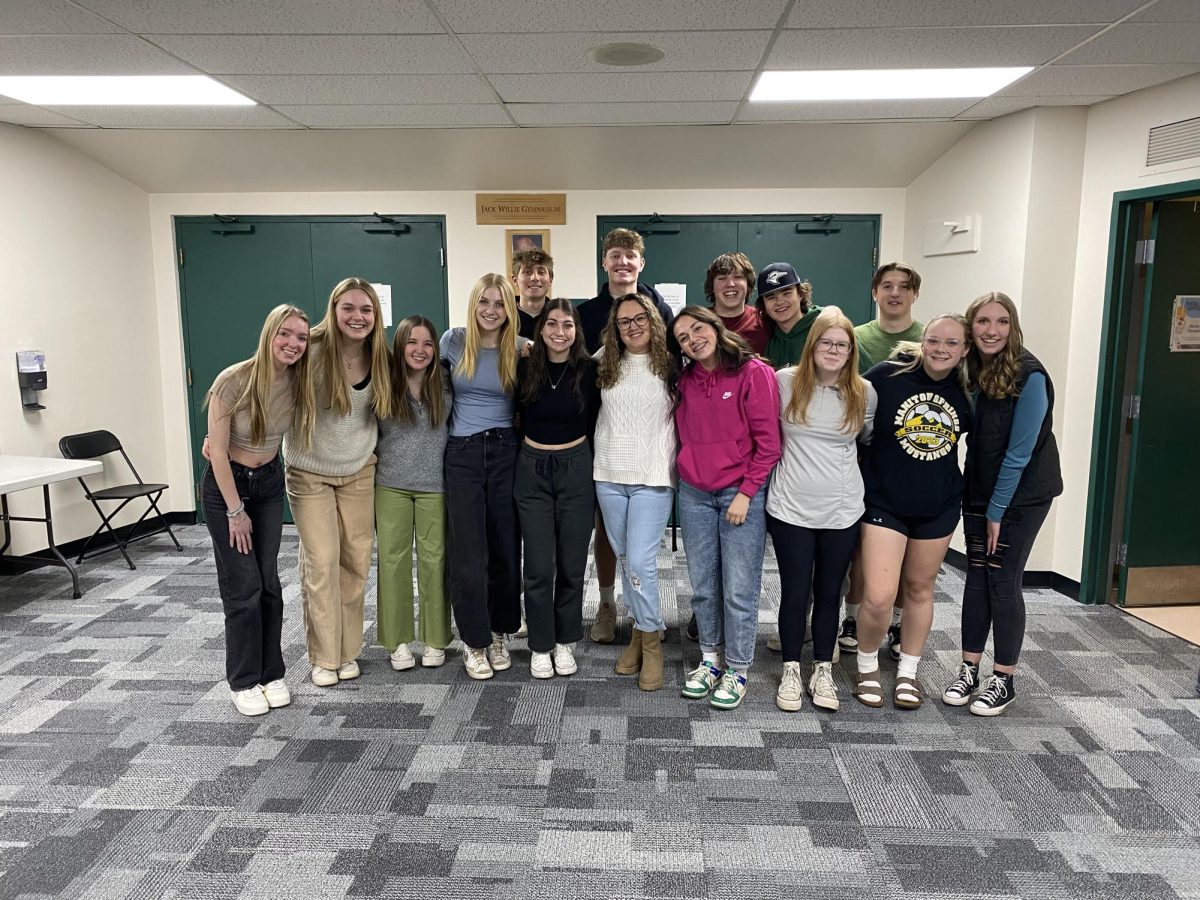
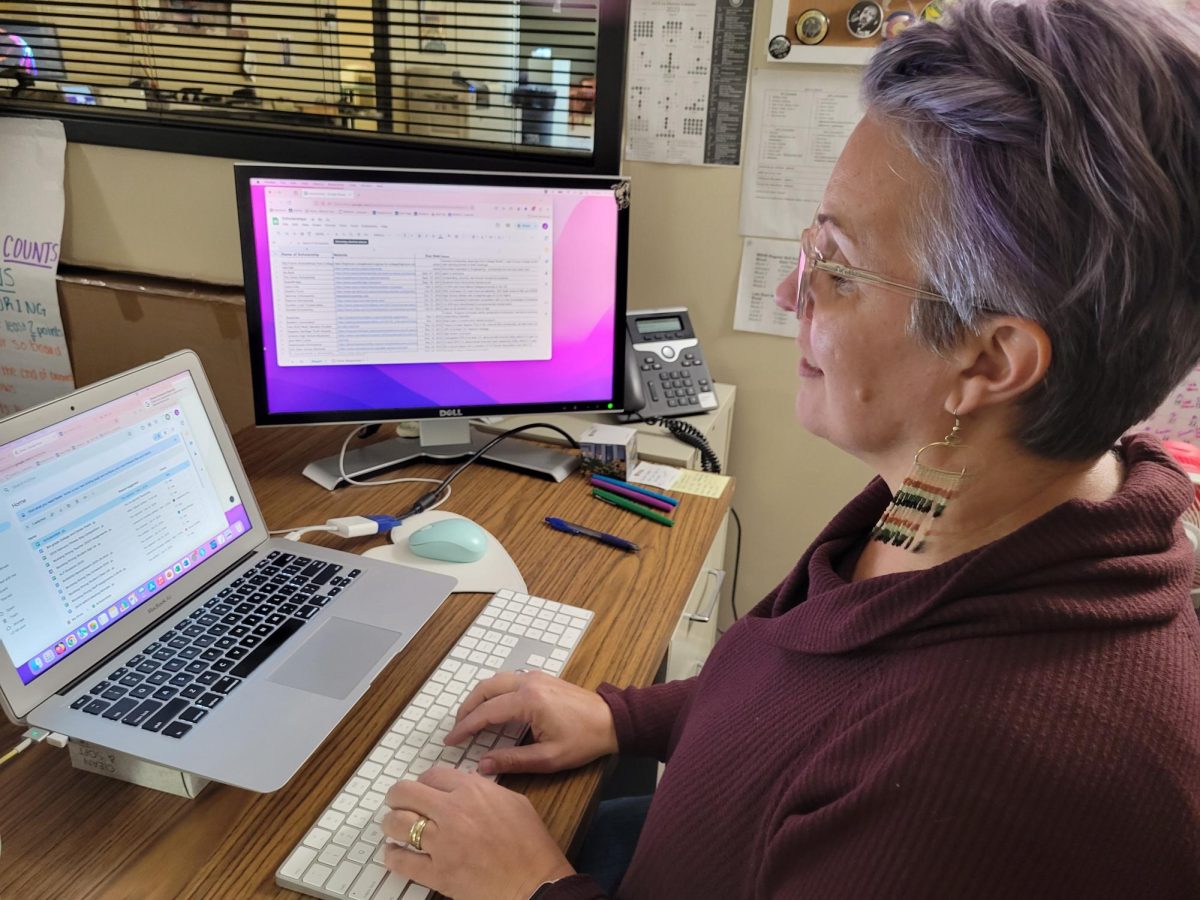
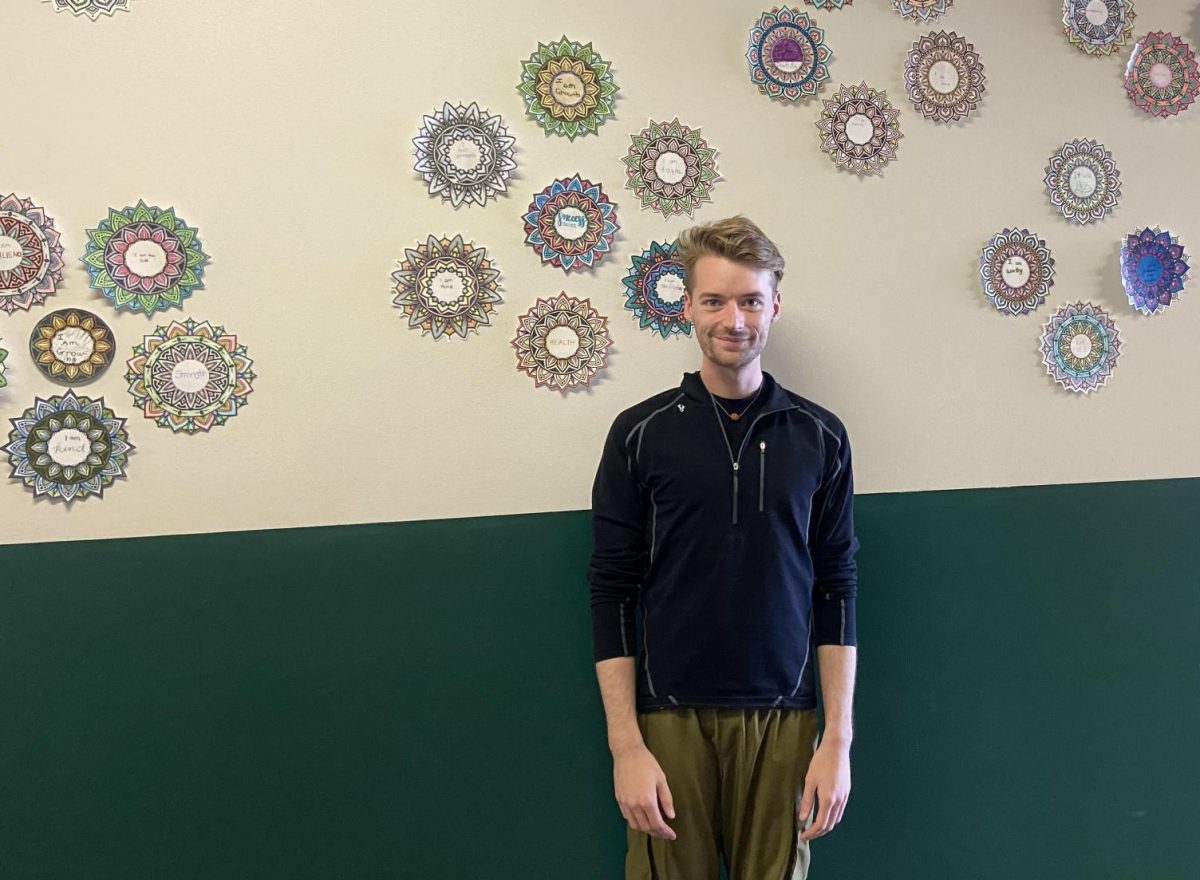
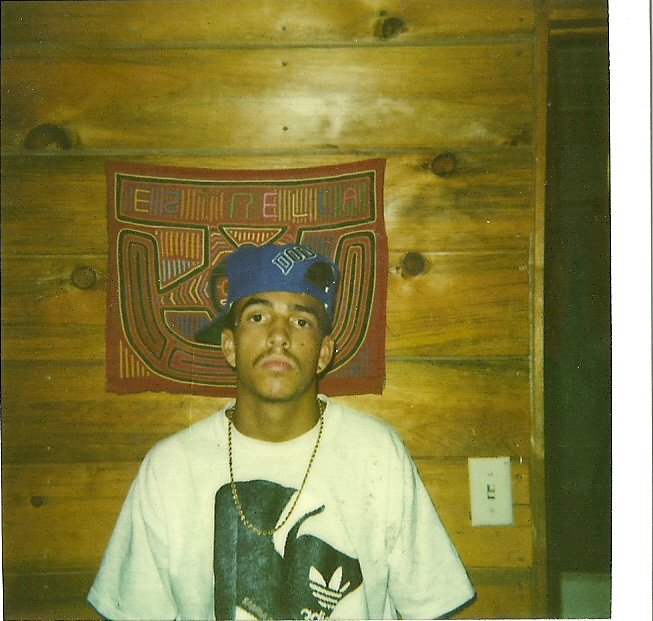

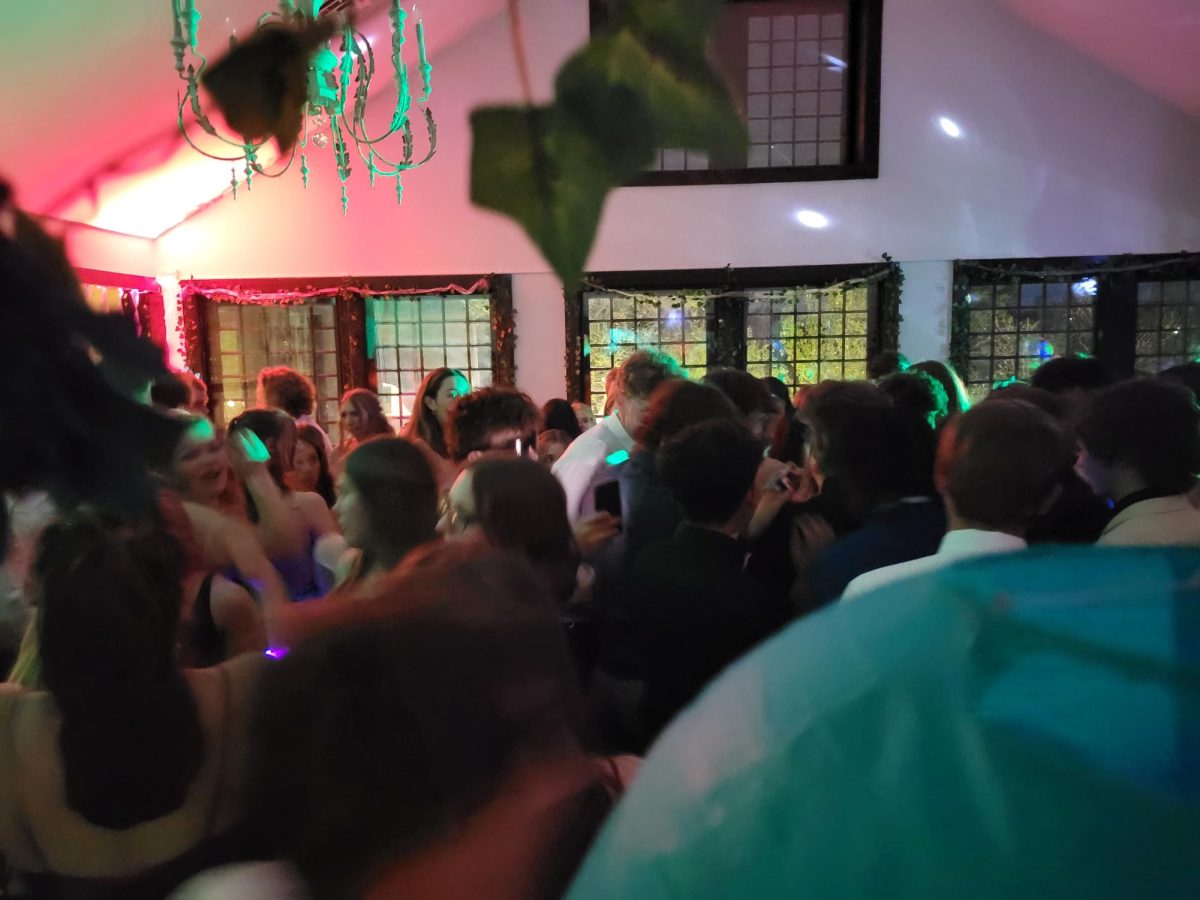

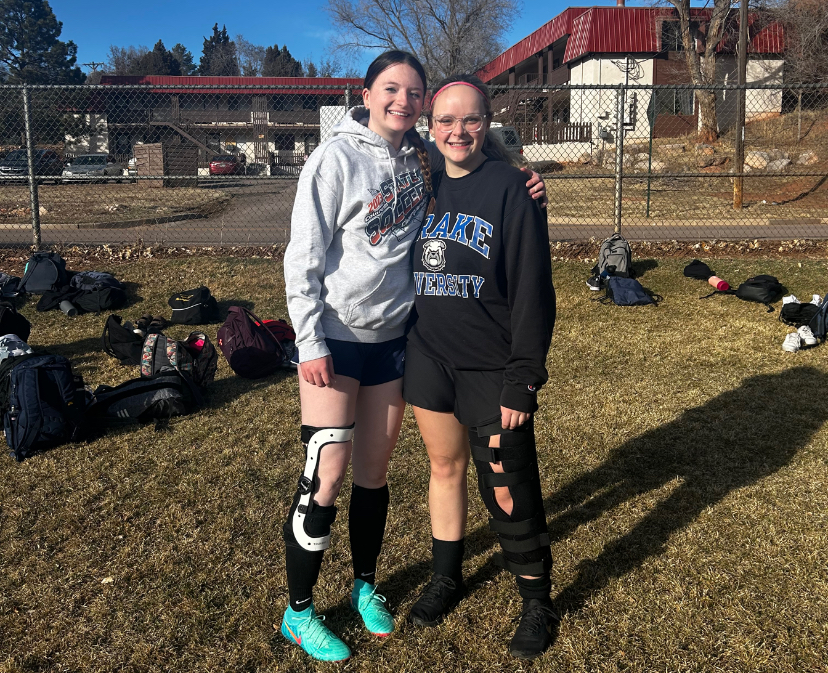

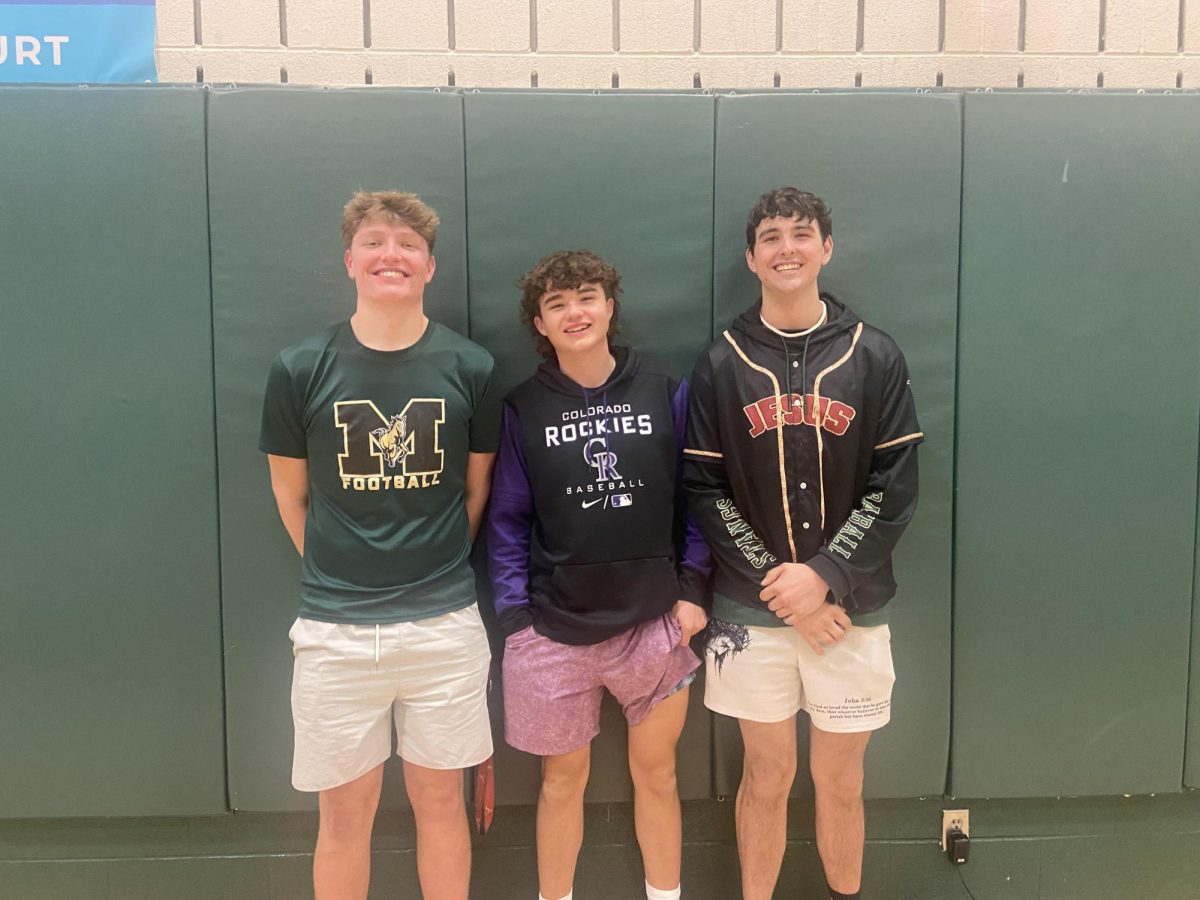



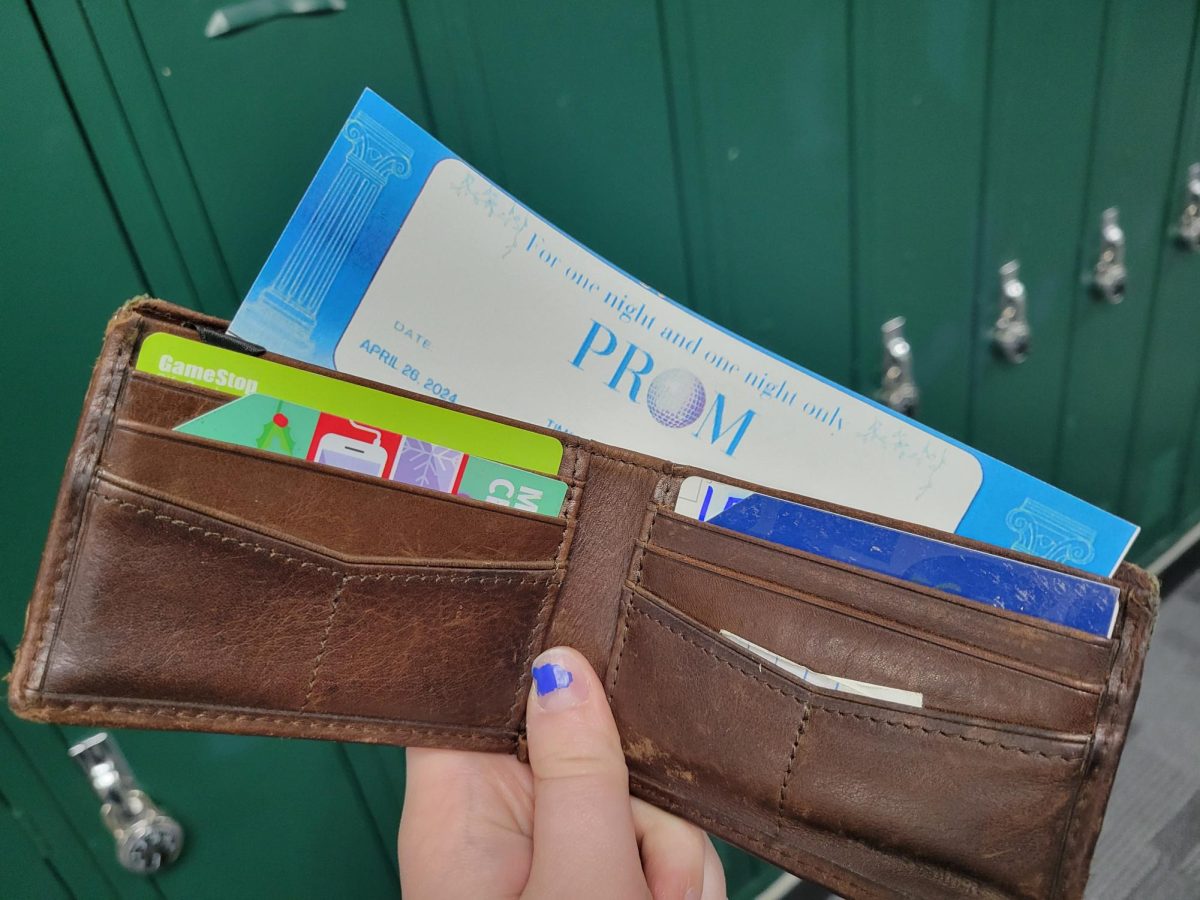
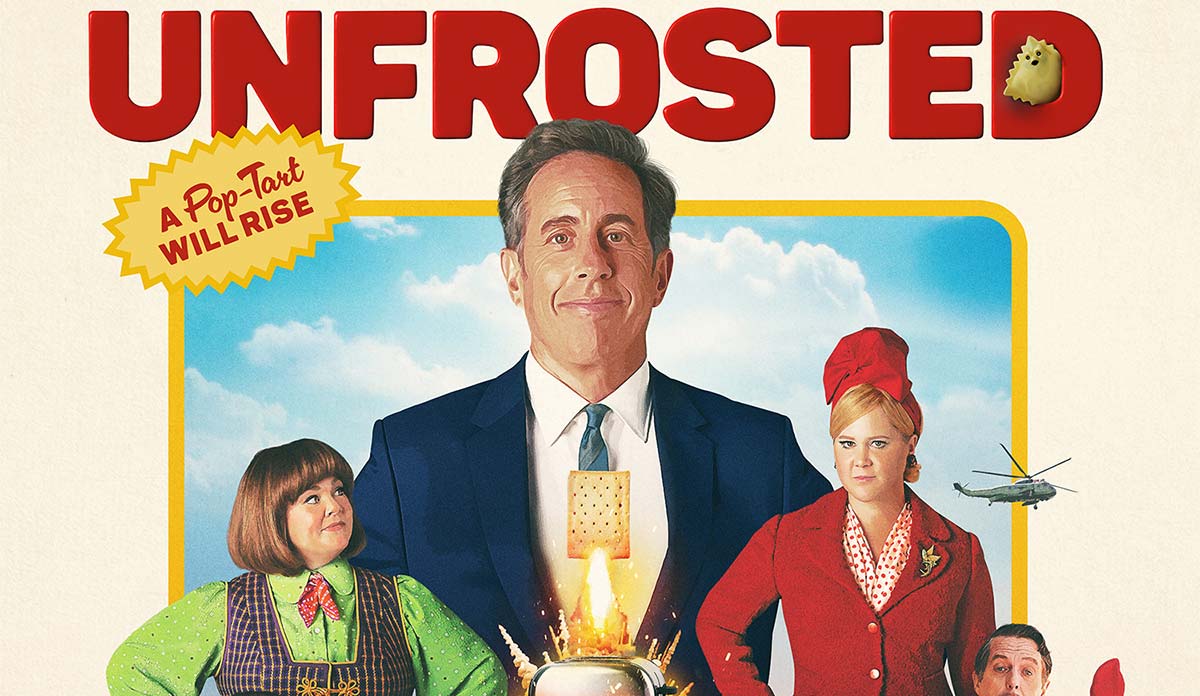

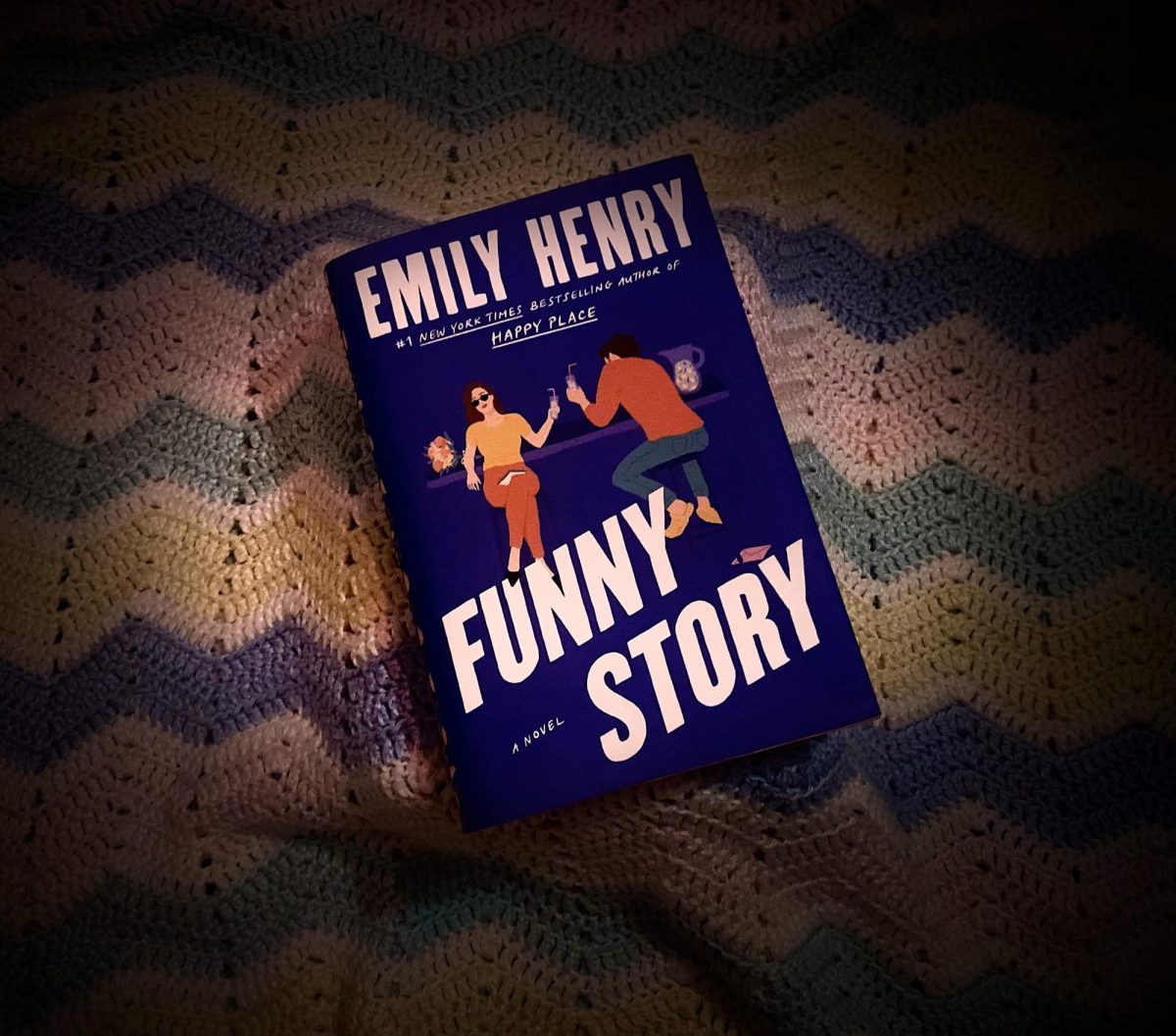
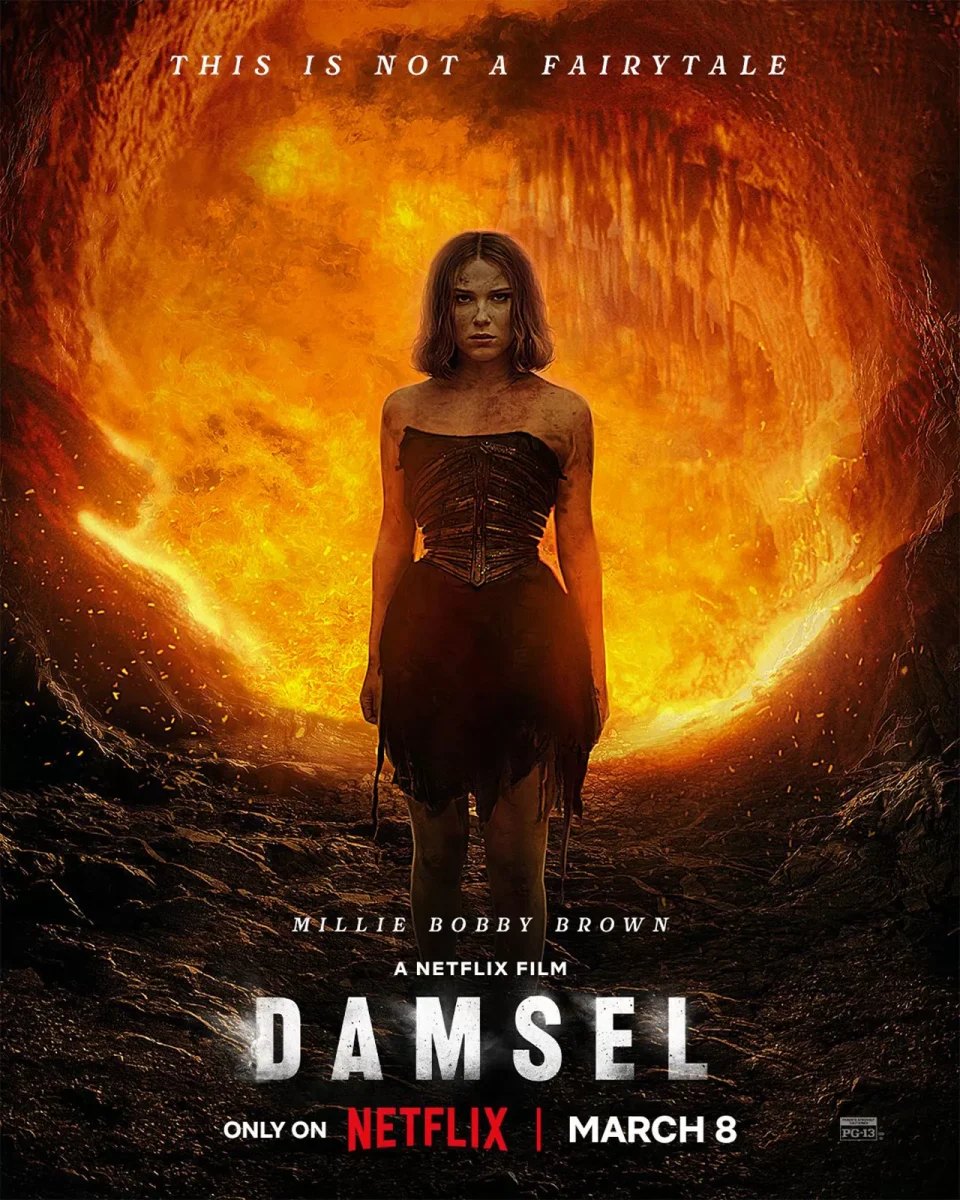

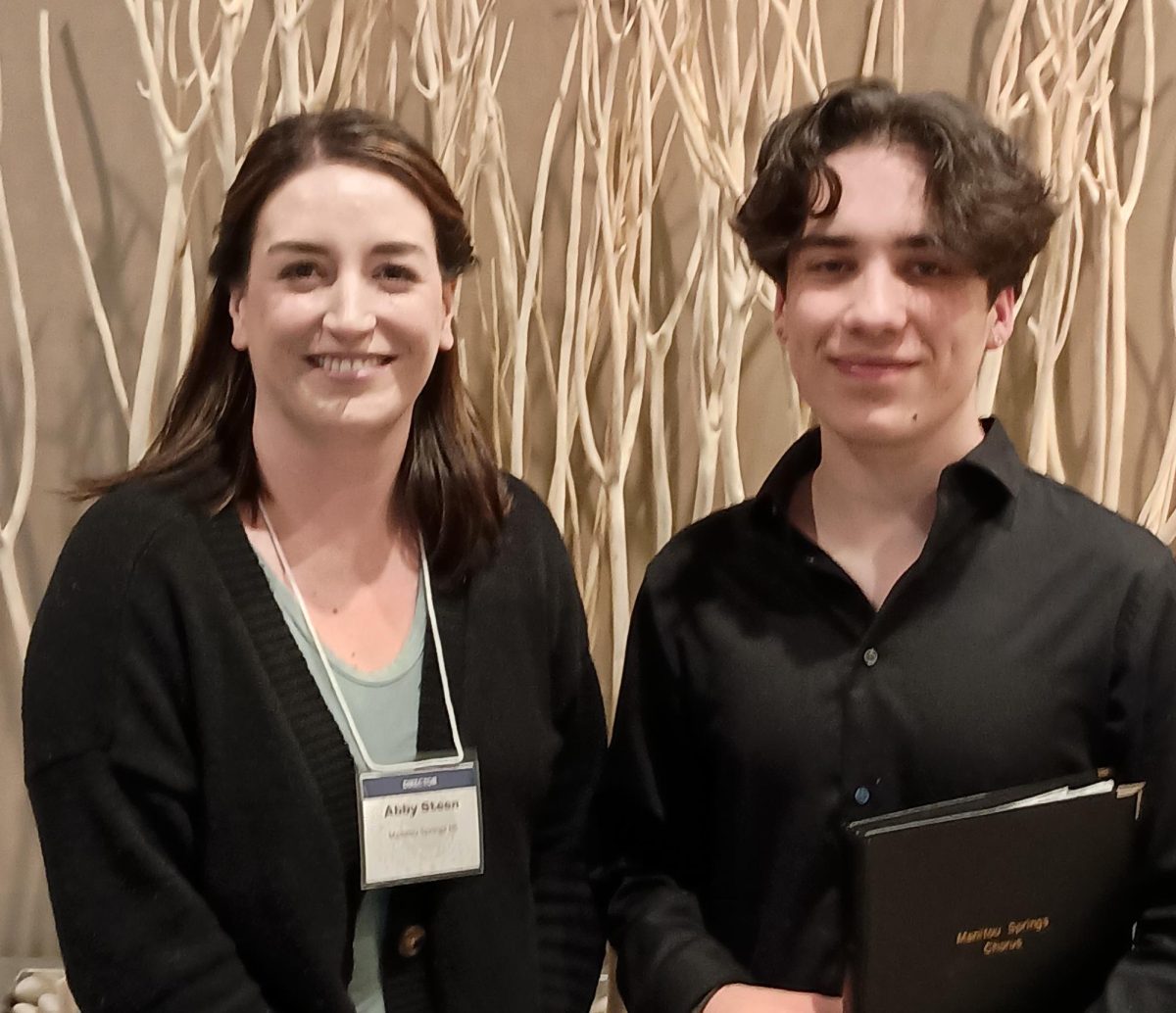


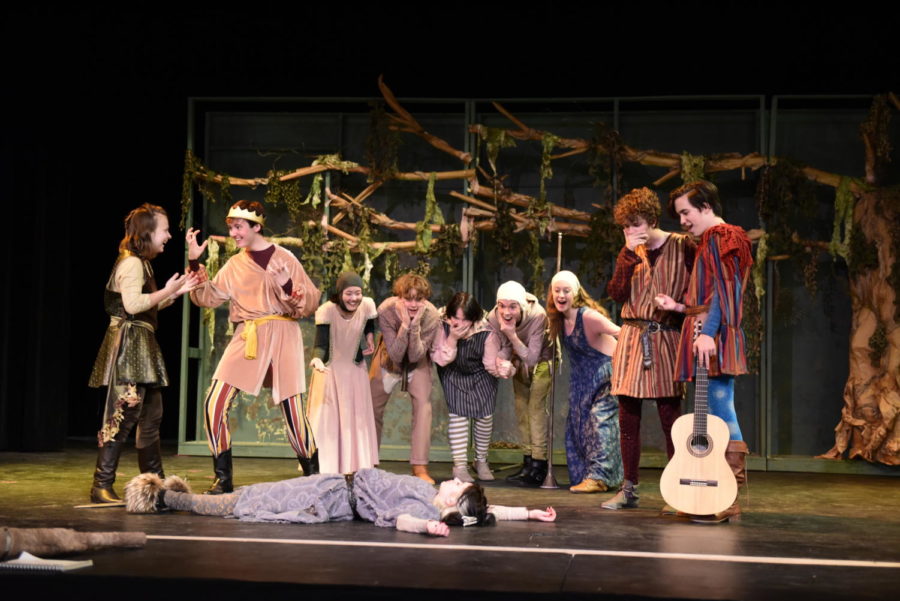





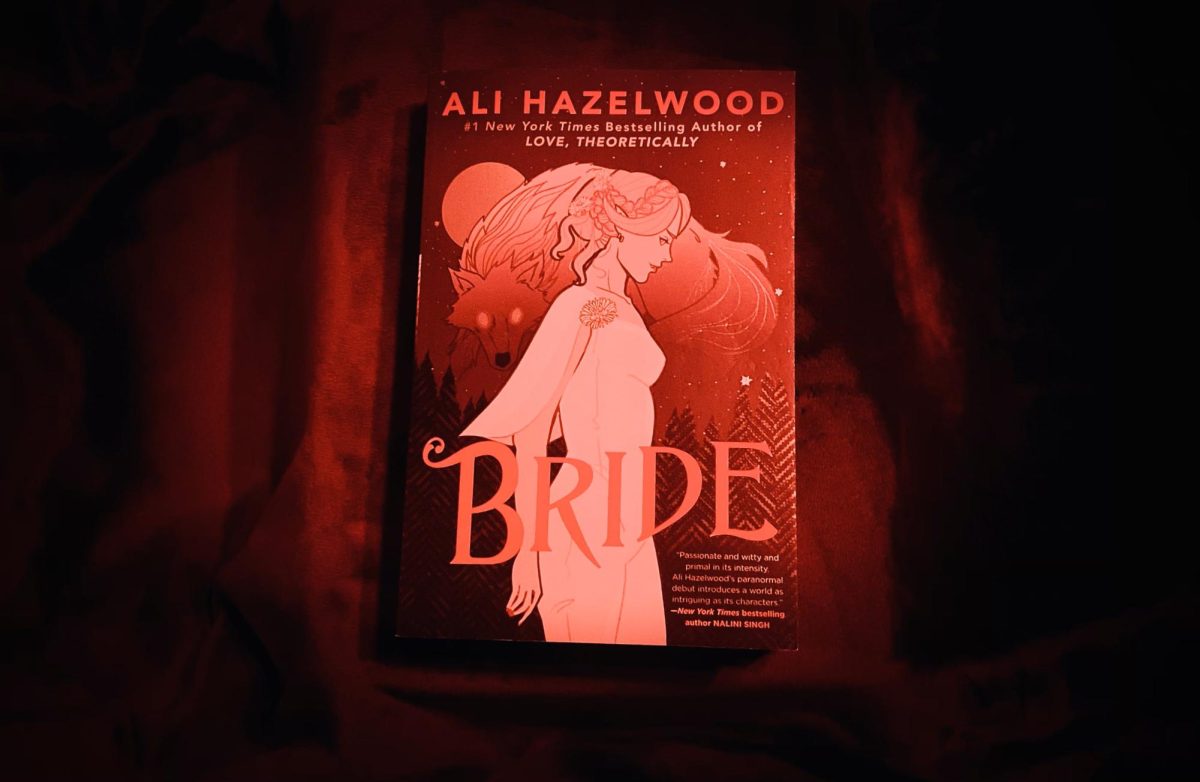


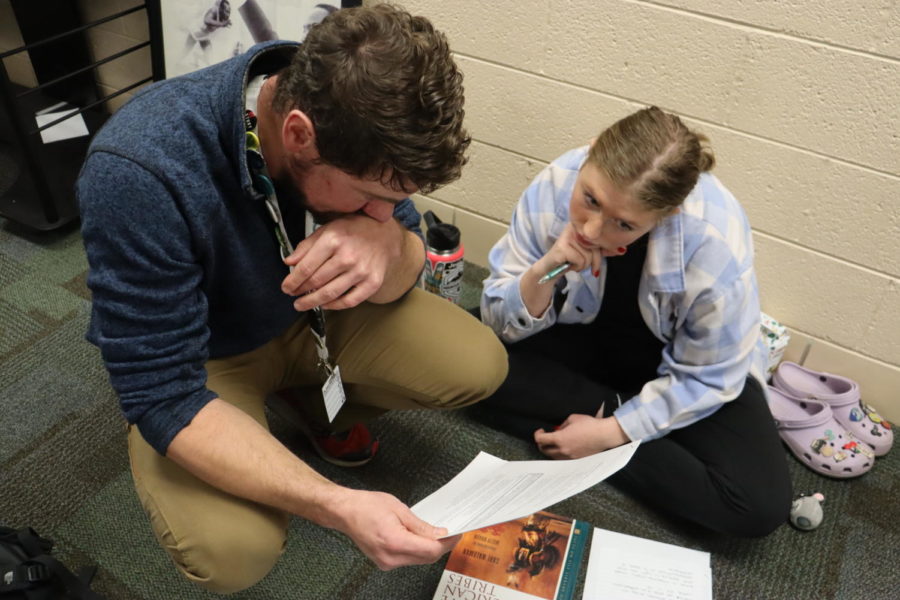

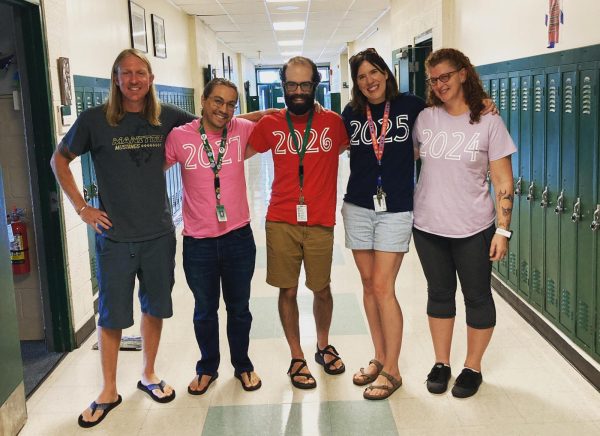








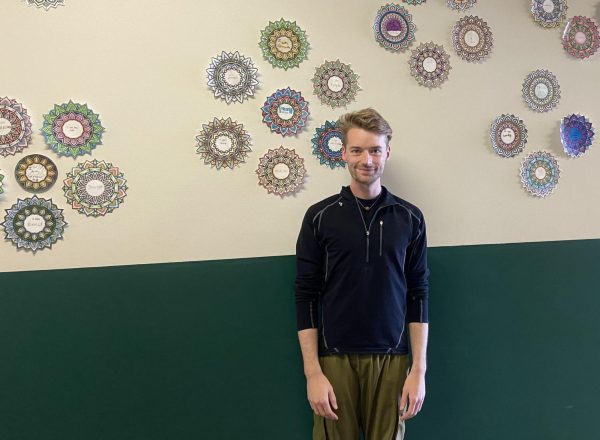
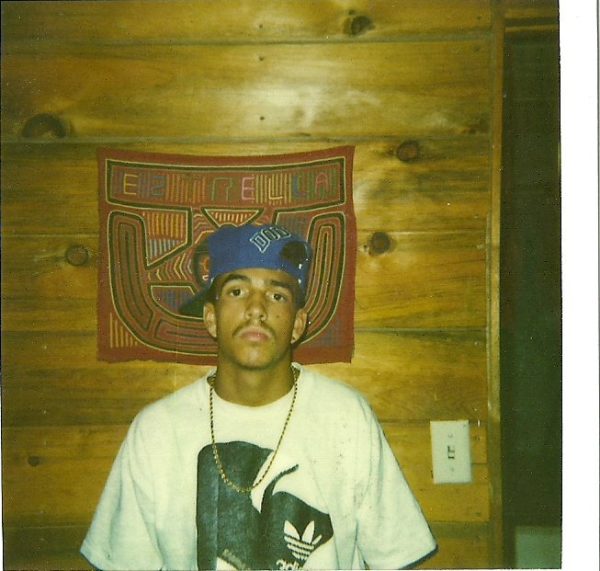

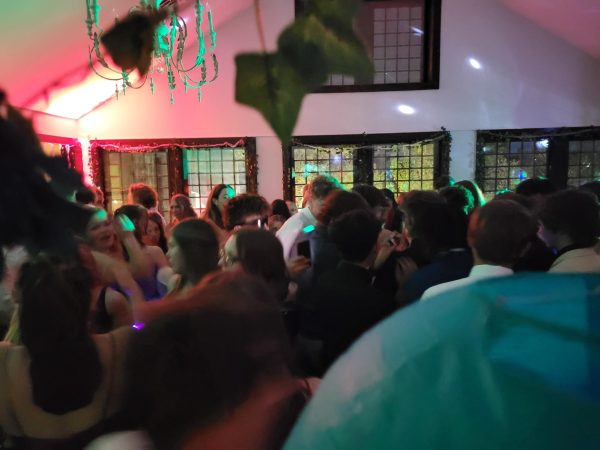

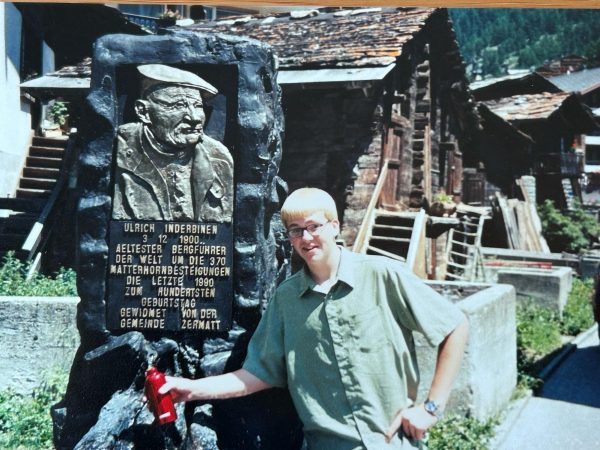
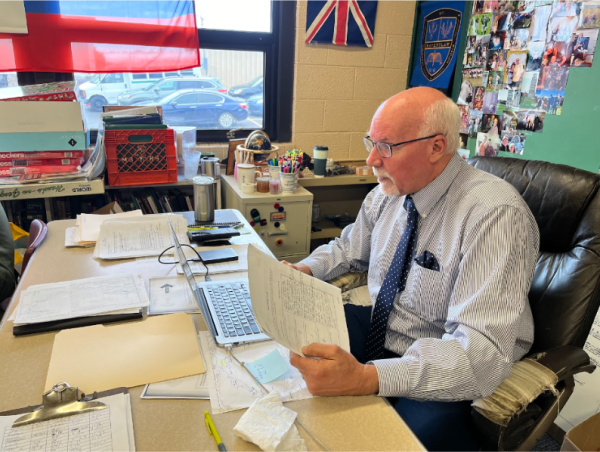
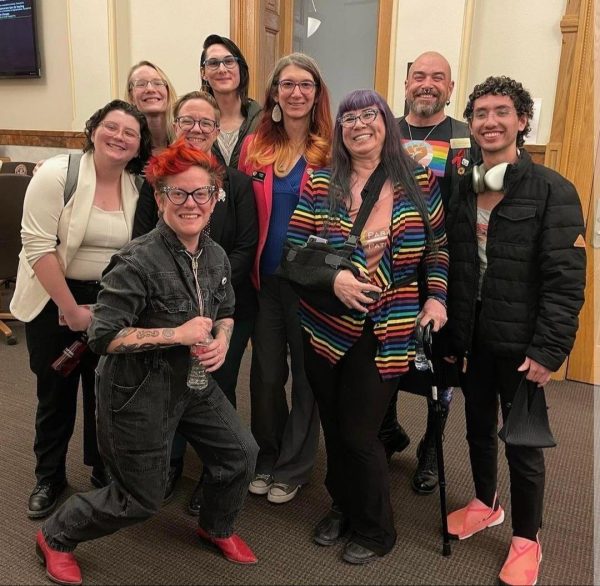

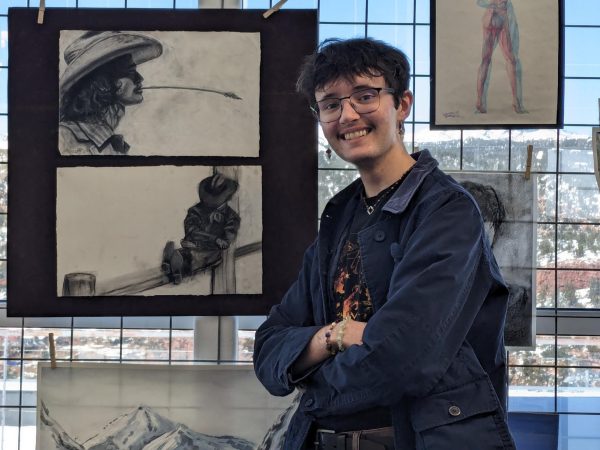
Layla B. • Feb 1, 2023 at 2:05 pm
Thank you, Jack, for letting us know. Information, such as this, is usually shrugged off and avoided in conversations. It’s quite difficult to shine this knowledge and information in the open, for fear of getting backlash or some negative opinions on the matter. With people of different backgrounds and history, I believe it is good to have everyone included within our district and learn more about our diversity in our society.
Your organization in your writing is well done. Nothing was overcrowded, and the information was clear to read.
Ethan A • Feb 1, 2023 at 1:50 pm
Hey Jack! Good job on this article. Obviously our education informs the opinions we have and the way that we interact with the world (and the people in it). I agree with Partridge that including minority studies in history is important. Everyone deserves to see themselves represented in history, and everyone can benefit from better understanding others’ cultures.
Avery T • Jan 23, 2023 at 10:59 pm
These are definitely positive changes for our state’s history curriculum, however, I wish they had addressed the lack of focus on world events outside the US. I’ve often felt like I’ve pretty much learned about the same US history topics over and over, maybe in slightly more detail each year, but haven’t learned very much about world history. I feel like there are a lot of topics considered to be common knowledge that I and other students still don’t know very much about because we never learned about them at school.
I think it’s sad that standards can sometimes be limiting, especially since I know all our teachers are committed to providing us a good education.
Aspen • Jan 18, 2023 at 8:16 pm
This is great Jack! Agreeing to Mr. Gillard thanks for keeping us updated on this info!
Mr.Gillard • Jan 18, 2023 at 1:32 pm
Thanks for keeping us updated on those changes, Jack.